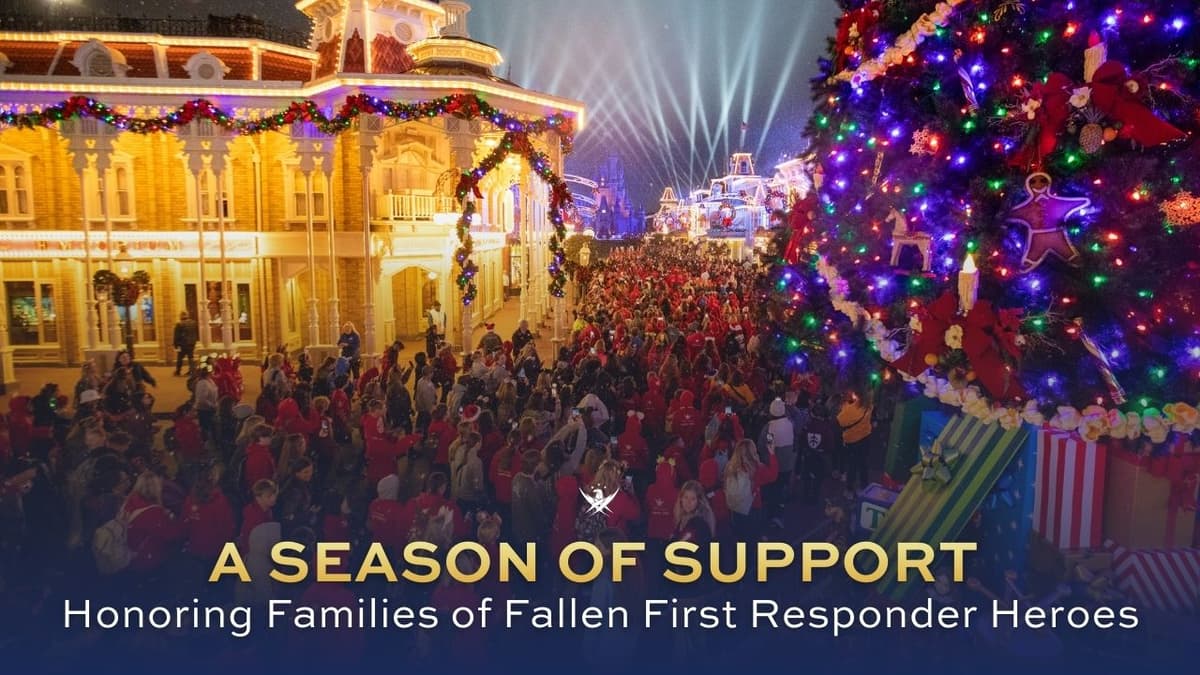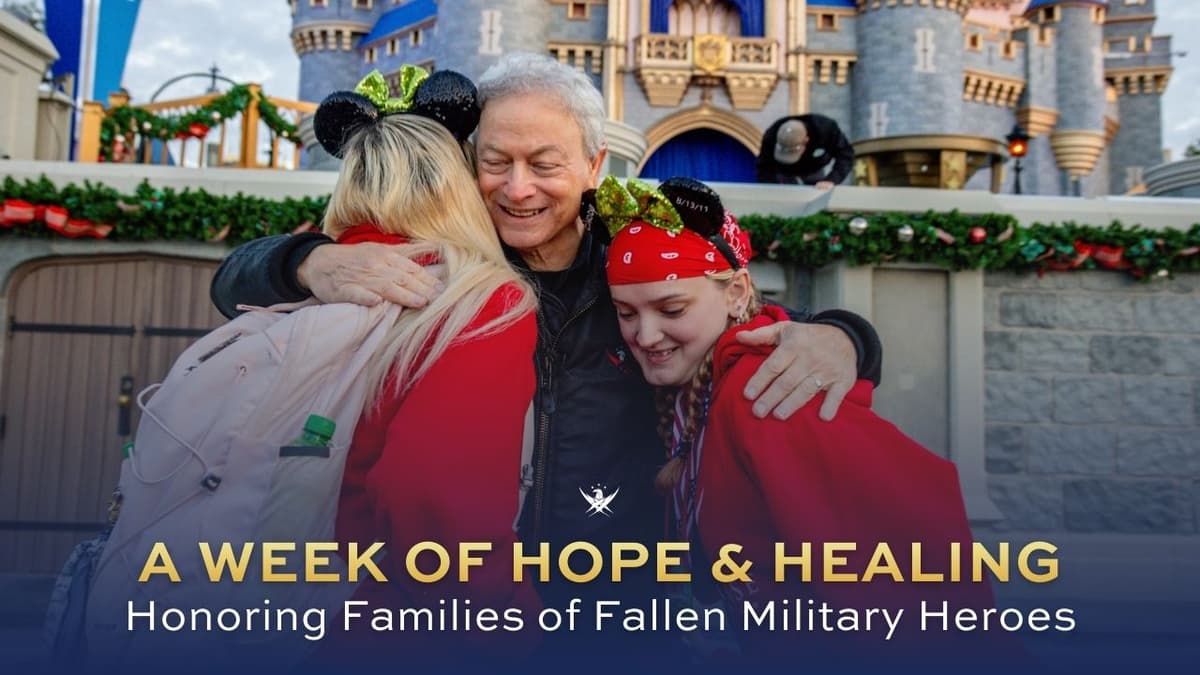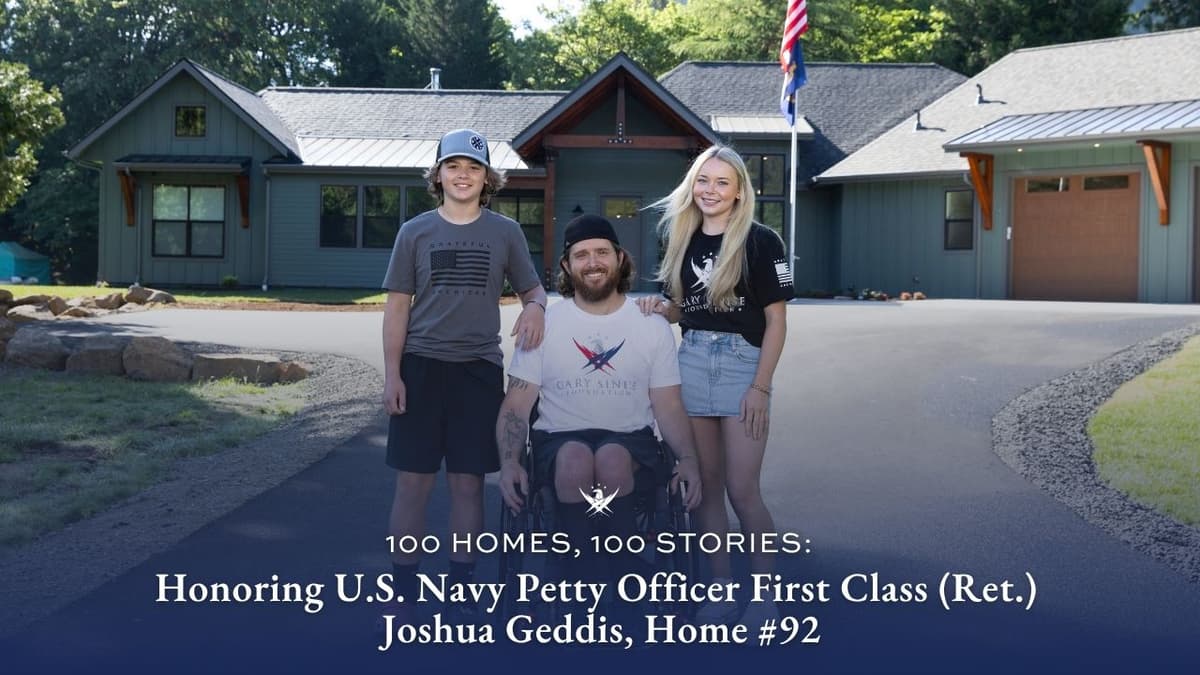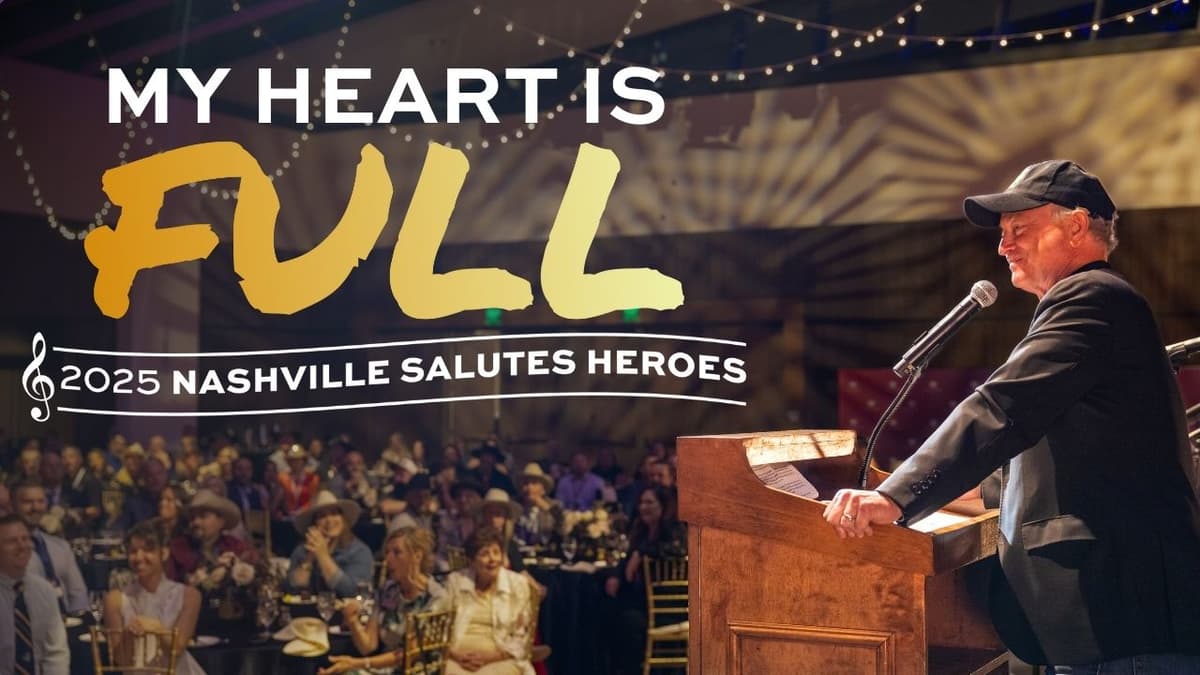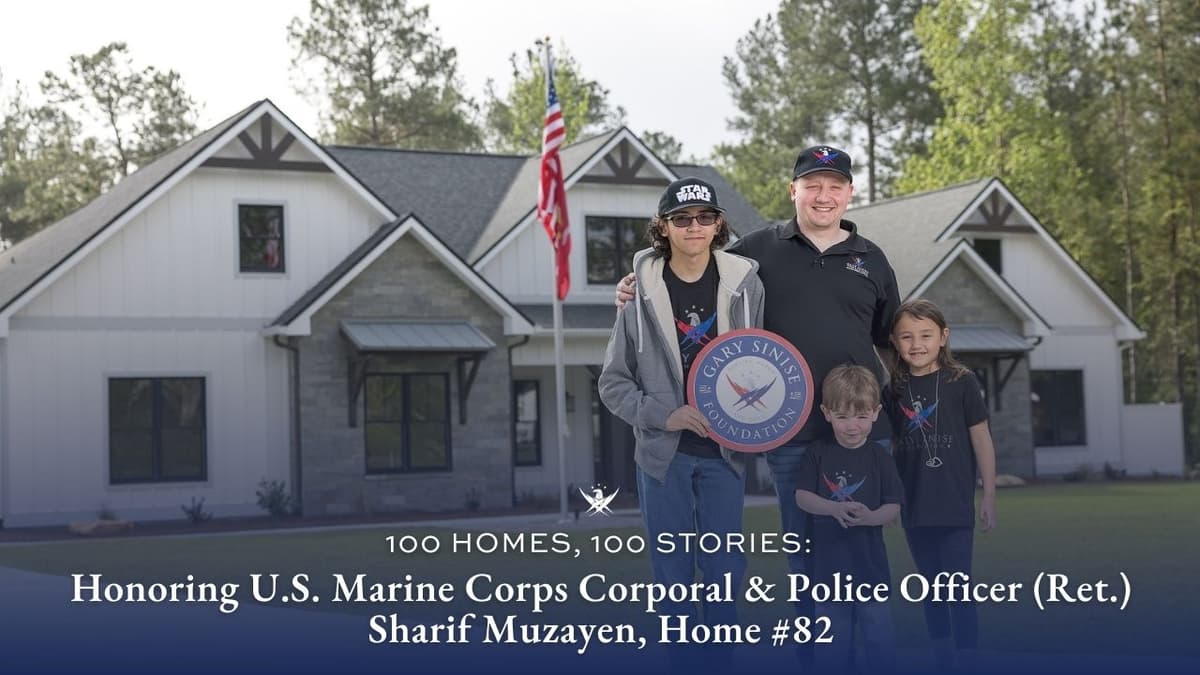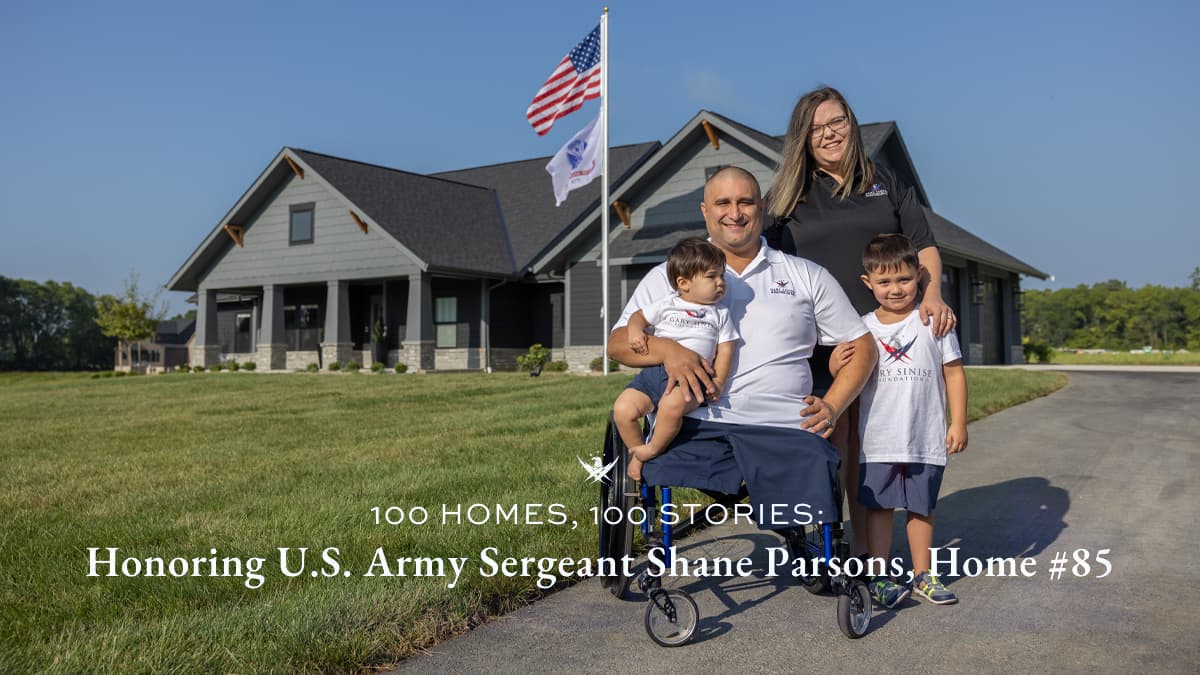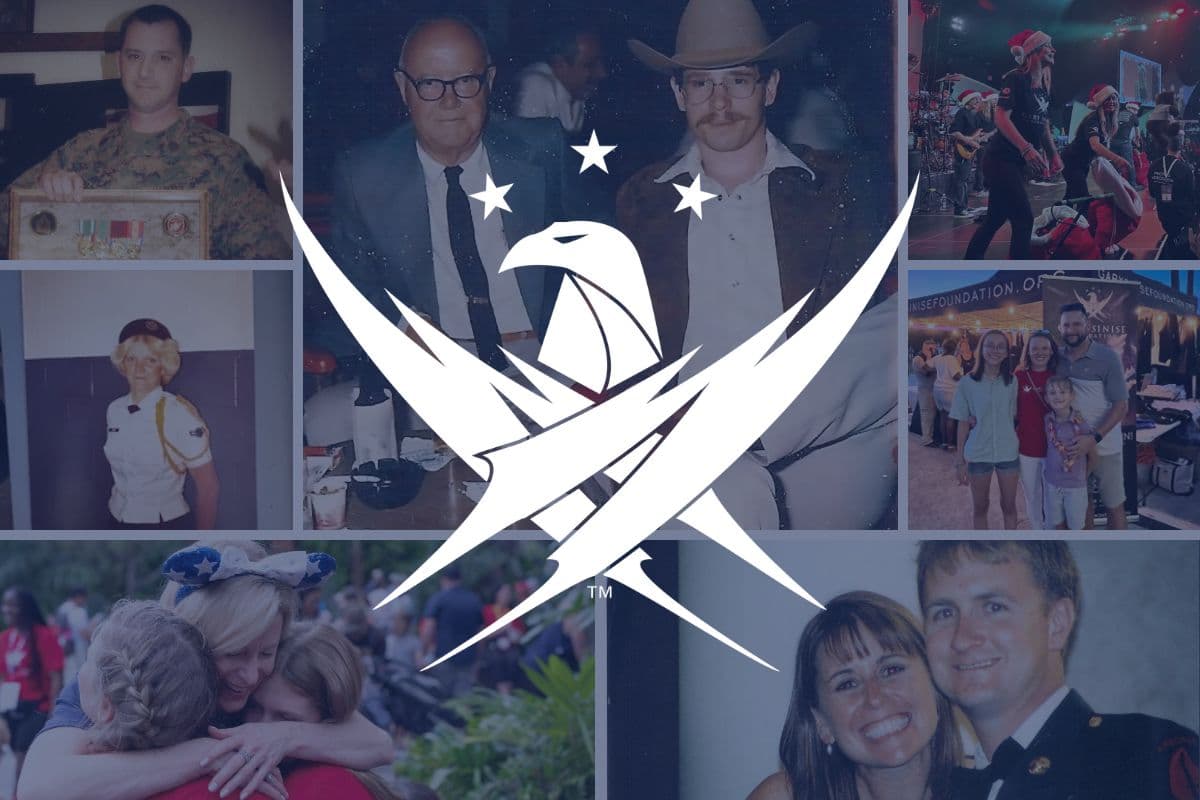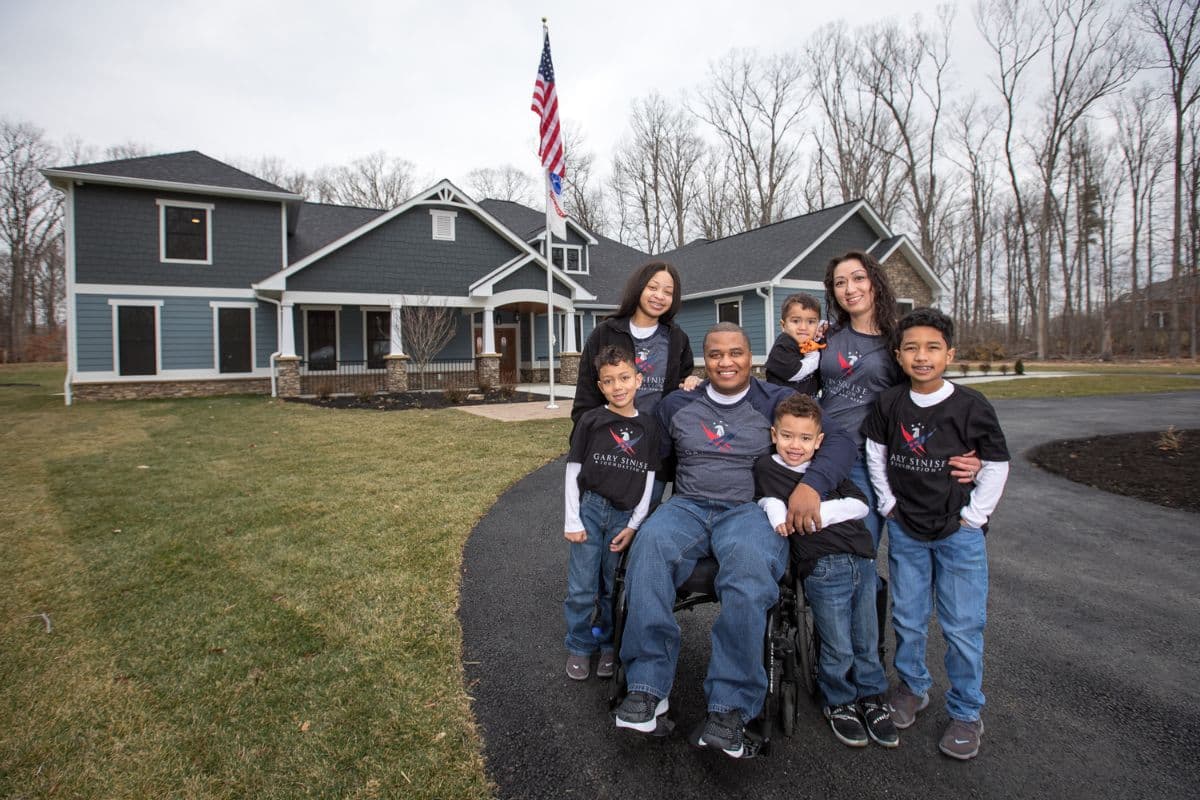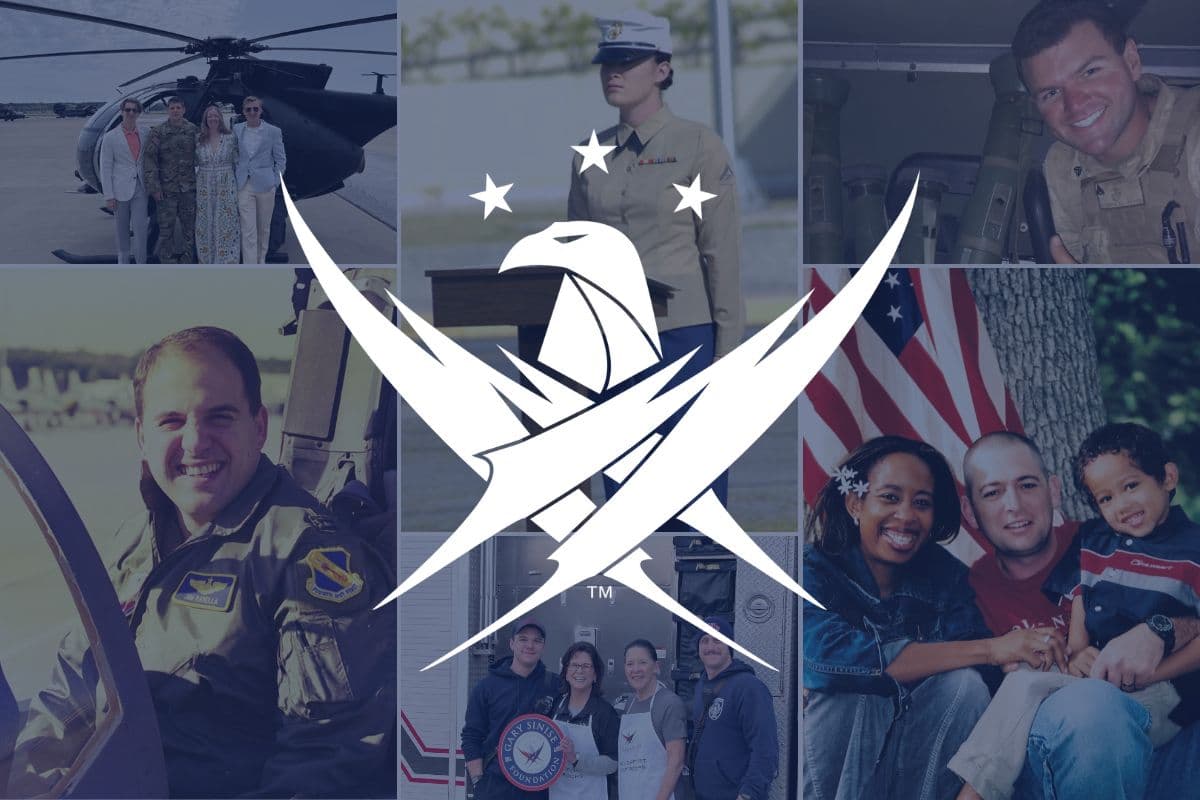The Fort Worth, Texas Police Officer with the Servant's Heart
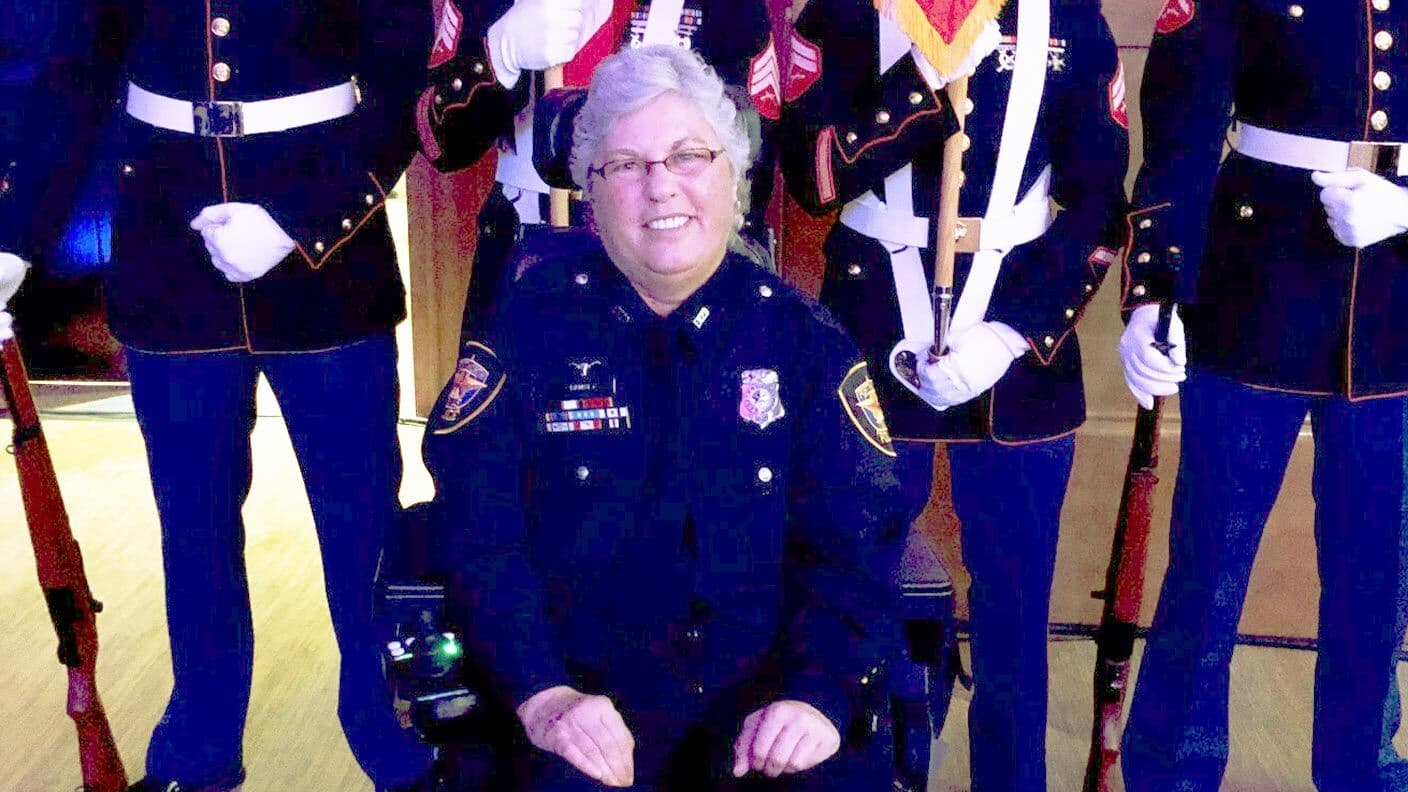
Last summer, Fort Worth, Texas police officer Lisa Ramsey received an ALLY chair from the Gary Sinise Foundation and Segs4Vets, the nonprofit that builds the battery-powered mobility device. Ramsey, who is paralyzed from the chest down following a 2003 incident when a fleeing drug dealer shot her, wasted little time accustoming herself to the new wheels.
“The thing I like about the ALLY chair is that it’s so compact, it’s really streamlined, and it allows people to see me and not the chair,” Ramsey said. Its versatility in indoor and outdoor settings — operating in loose gravel, on grass, or maneuvering in tight spaces inside, say, a restaurant — she explained, “I can go from different surfaces without having to worry about anything."
When Ramsey goes fishing for bass or catfish at one of several lakes in the area or on friends’ property, she wheels herself down to the water’s edge, not a worry about getting stuck in the mud. “It’s a lot of fun,” she said about off-roading in the chair, not stymied by a designated path. The ALLY chair is also easy to travel with.
“There’s nothing to take a part, there aren’t any pieces that could go missing, you just
take the key out of it, and they can just wheel it right down, put it under the plane, and that’s it.” And with a top speed of just over 12 mph, Ramsey hasn’t slowed down one bit since her injury.
“When she puts her mind to something, she’s going to get it done,” said Maria Orand,
a detective in the Fort Worth Police Department, who has known Ramsey for over a decade. “She sees things differently...and she’s the only officer [actively serving] in Fort Worth who is in a wheelchair.”
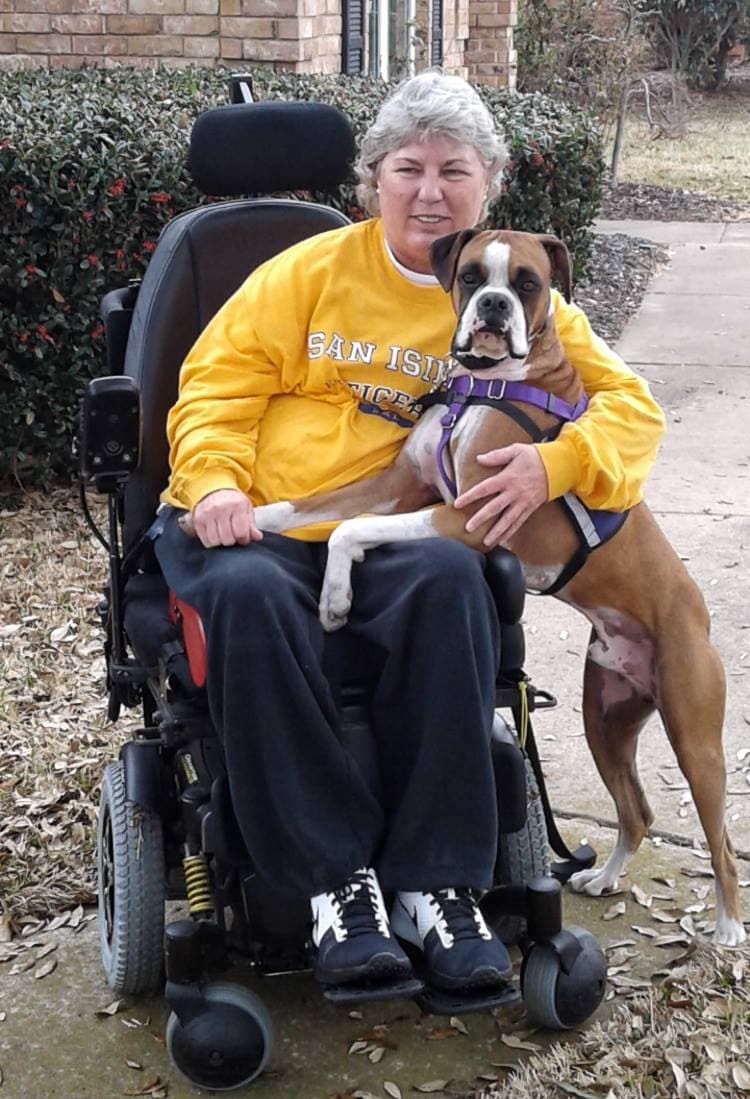
For more than a year, Ramsey has been counseling injured law enforcement officers on behalf of The Wounded Blue, a national peer advocacy group for injured and disabled law enforcement officers. She said her injury (and post-traumatic stress disorder) enables her to empathize with others in similar predicaments.
“I’m able to advocate for equipment, for service animals, different types of vehicles [specialized]. I’m in a unique situation...my injury is so severe that there’s lots of types of equipment that I need to use — different types of wheelchairs or rehab equipment, and I know a lot about specialized vehicles.”
“If nothing else,” she said, “I’m able to just listen to them and validate their feelings.”
At the time of the January 2, 2003 shooting, Ramsey’s daughter, Kelsey, was just four years old. This past June, she graduated from the University of Oregon and is back living in Fort Worth. Having her “best friend” and “partner” home, Ramsey said of her only daughter, is really enjoyable. Whether they’re driving about town, visiting the zoo, or dining out at a restaurant (pre-coronavirus), she said, “Just getting away from the house and spending time together, we can do anything.”
2020 has challenged law enforcement departments nationwide with police officers performing their duties in a year underscored by protests following the deaths of George Floyd in Minneapolis and Breonna Taylor in Louisville. Police use of force and historically fractured relations between law enforcement and Black and Brown communities, among other flashpoints. The continued transmission of COVID-19 remains an ongoing barrier in day-to-day policing.
Ramsey acknowledges the officer’s fault in each of those incidents and similar episodes throughout U.S. history but said the atrocities are not indicative of the vast majority of men and women wearing a badge. “We’re like everybody else, mistakes are made, but we’re just like everybody else.”
“Fortunately, in Fort Worth, we have a really good relationship with our community.”
Despite the year's turbulence, she continues working 10-hour shifts as a sworn police officer. With over three decades of law enforcement experience under her belt, Ramsey parlays that knowledge to seasoned officers and impressionable recruits as an Advanced Training Unit (ATU) instructor. As much as she loves the job and routine, Ramsey explained that the income is needed for her to afford “an injury that keeps costing me a lot of money.” For now, retirement is not a blip on her radar.

